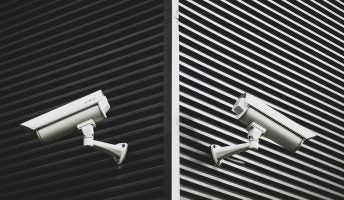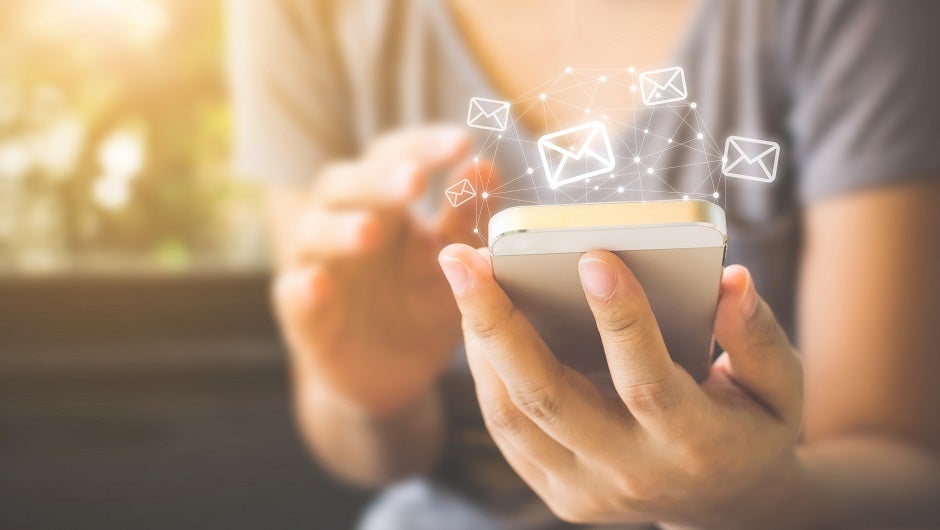
1Password Extends Trial Offer Period for Business Users
1Password aims to help businesses affected by the coronavirus by removing the 30 day limit on its business software

1Password aims to help businesses affected by the coronavirus by removing the 30 day limit on its business software

With the coronavirus at pandemic status, businesses are being forced to consider how remote working will affect data security

The new EARN IT act is a bipartisan measure, but it may serve to erode current data encryption standards.

A study has uncovered that bots are responsible for 25% of tweets about climate change, with most denying its impact.

More than 500 Chrome extensions have been removed after researchers discovered they were fronts for malvertising software.

Would you be safe buying a Huawei phone? We investigate the company's origins and its ties to the Chinese state and military.

An investigation has revealed Avast has been selling its user data to advertisers. We explain if its VPN can be trusted still

London's Metropolitan Police service has announced they will begin using Live Facial Recognition technology on citizens.

Apple has apparently been acquiescing to FBI requests for backup iCloud data for the past two years.

Is there anything you can do to prevent your photos ending up on a facial recognition database these days?

A search engine that’s gaining traction around the world, but what is DuckDuckGo and why should you take notice?

A transcription program Microsoft used to vet Skype and Cortana audio allegedly operated for years with no security measures.

Google announces a range of new options for its Voice Assistant, designed to give users more privacy, and add new features.

The California Consumer Privacy Act is a new law that protects you and your personal information. Learn more about it now.

VPN giant NordVPN has launched its latest product, NordPass, a dedicated password manager that aims to reduce the stress of having to remember, and create, new passwords. It comes with a suite of features, including sync across six devices, major browser support, and two-factor authentication.

Two former Twitter employees have been charged by the US justice department for spying on behalf of Saudi Arabia, having been paid thousands of dollars to expose information about critics of the regime. The pair are alleged to have accessed the data of thousands of Twitter users.

The private information of almost 7.5 million Adobe Creative Cloud users has been exposed in a new security breach. The exposed data didn't include any passwords or financial details, but did include email addresses.

Yesterday, in a message on its site, NordVPN admitted that its servers had been breached by a third party, and that it had been left vulnerable for a short window. Despite occurring in 2018, it is only now that the attack is being disclosed publicly.

A new phishing scam is making the rounds within businesses, and threatens to expose private and personal details of those tha

The Rugby World Cup is in full swing, but watching in can get expensive if you're forced to take out a subscription service o

NordVPN, one of the most popular VPN services available, has announced NordVPN Teams, a VPN solution aimed at businesses, wit